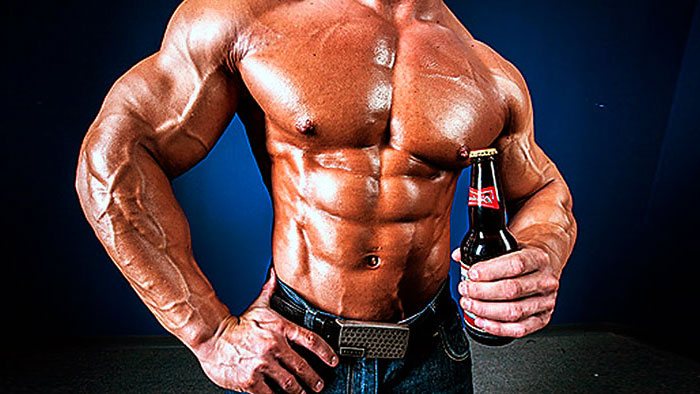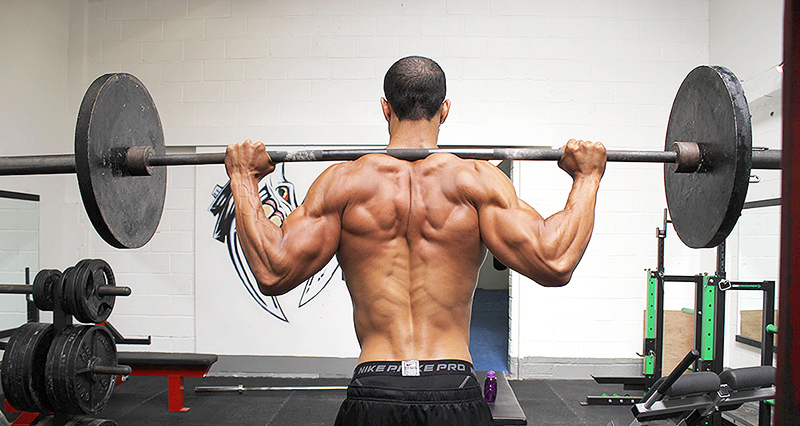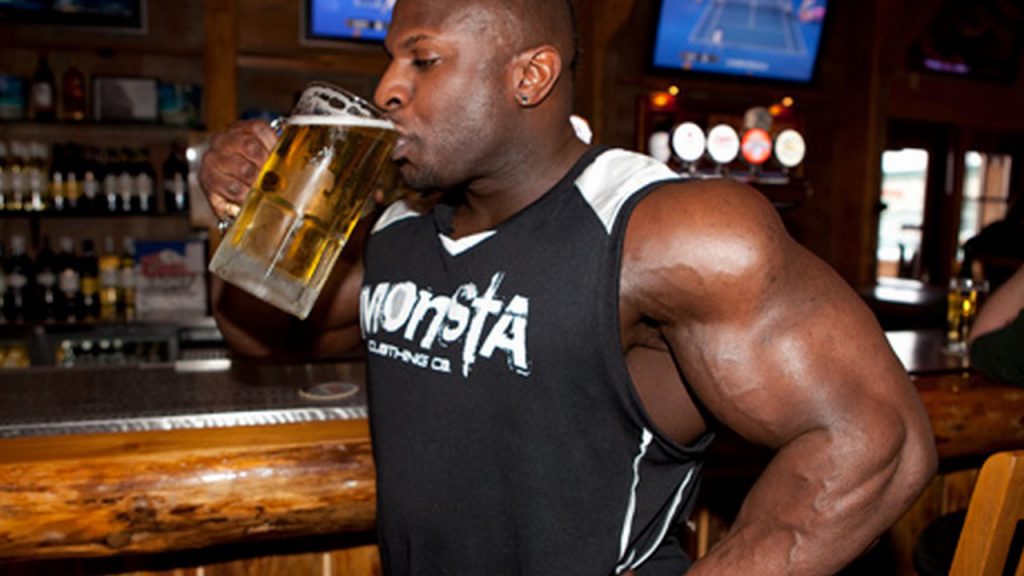Athletes, including bodybuilders, are mostly negative about alcohol consumption. However, when it comes to beer, the situation changes. Fans of a foamy drink in unison speak about its alleged use. Beer is considered as a source of carbohydrates, a high-calorie product that can affect muscle growth. Is this opinion fair or false? Let’s try to figure it out.
How alcohol affects muscles
Any drink containing alcohol (and in beer the rate reaches 14%) is primarily regarded as a psychotropic substance that depresses the nervous system. Significant psychoactive effect has only one positive side – the “laughing” effect on the body.
For all other items, alcohol negatively affects internal systems:
• inhibits protein synthesis;
• violates the acid-base balance;
• 100% inhibits muscle growth, destroys muscle fibers;
• significantly reduces athletic performance;
• interferes with normal recovery after training.
The creatine and protein that bodybuilders take is completely neutralized in the presence of alcohol. Hence, the reception of beer is harmful and absolutely unpromising in terms of achieving personal indicators, an occupation.
What harm does beer do to an athlete?
There have been many studies of the negative effects of alcohol on the athlete’s body. For a bodybuilder, regular beer intake can lead to consequences:
• reduces the level of growth hormone, inhibits muscle growth;
• increases the content of the hormone cortisol, which prevents the synthesis of protein;
• reduces testosterone levels, which negatively affects potency;
• leads to dehydration, which in severe cases causes the destruction of muscle fibers.

Among other things, beer contains estrogen-like substances, and alcohol metabolites stimulate human own estrogen receptors. As a result, fat in the form of deposits is distributed according to the female type: on the waist, hips, in the area of the mammary glands.
What non-alcoholic beer consists of
A soft drink is prepared from the same ingredients as the alcoholic one: hops, barley, and malt. It has a high sugar content. But alcohol is practically absent (no more than 0.5%). The difference is in cooking technology. Regular beer reaches a certain degree during fermentation. For non-alcoholic, this stage is excluded. Fermentation is suppressed by cooling and adding special chemicals.
In terms of safety, the non-alcoholic option wins. But it also has a negative effect on muscles, because a high content of estrogen and sugar remains. Poor chemical additives can also cause harm.
If the athlete still drank a glass of beer, training should be abandoned for the next 2 days – they will be in vain. Do not eat traditional beer snacks – crackers, nuts, dry fish. Give preference to meat, cheese. Drink more plain and mineral water for 2-3 days to restore electrolyte balance. And do not add a beer at the end of the week to the habit.


